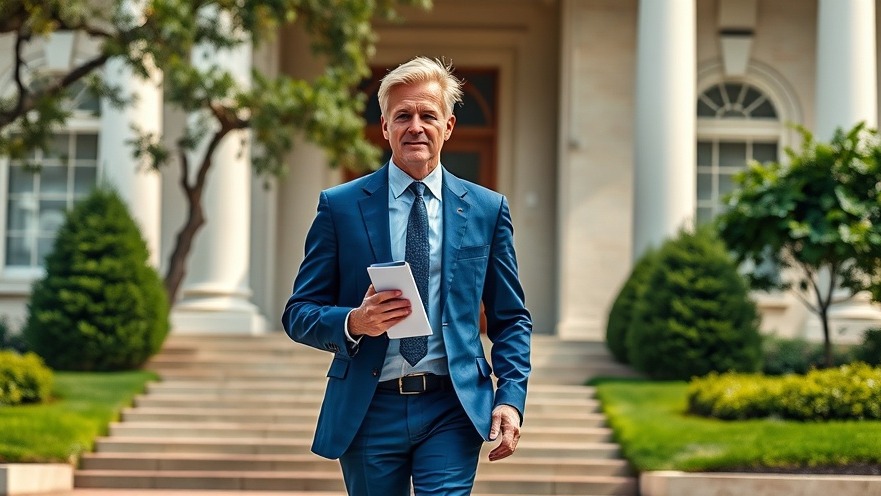
An Innovative Solution: Bricks from Recycled Coffee Grounds
In a world increasingly focused on sustainability, innovation is at the forefront of constructing a greener future. Recently, researchers have revealed a breakthrough in masonry: bricks made from recycled coffee grounds. This new construction material not only repurposes waste but also reduces energy consumption during production by an impressive 80%. The implications for both the environment and the construction industry are substantial, setting a precedent for future sustainable building practices.
Why This Matters for the Environment
The environmental impact of traditional brick production is considerable, contributing to significant carbon emissions and energy use. By switching to coffee-ground bricks, we’re actively addressing these issues. This alternative offers a lower carbon footprint, enabling builders to comply with stricter environmental standards and appealing to eco-conscious consumers and businesses alike.
The Economic Advantage of Sustainable Practices
Beyond environmental benefits, using coffee grounds in brick production could lead to cost savings. The shift can decrease both raw material costs and lower energy expenditure during the manufacturing process. For contractors and developers, this translates into higher profit margins and a competitive edge in an increasingly eco-focused market.
Understanding the Technology Behind Coffee Ground Bricks
The creation of these innovative bricks involves a unique blending process where coffee grounds are combined with traditional clay. This method not only strengthens the material but also creates a lighter brick, making it easier and cheaper to transport. The use of waste materials also appeals to the principles of a circular economy, where products are reused and recycled, reducing the need for virgin materials.
Case Study: Early Adopters of Coffee Ground Bricks
Some building projects have already begun leveraging this technology with promising results. For instance, a local construction firm in California has successfully implemented coffee-ground bricks in several buildings. The response from both the builders and occupants has been overwhelmingly positive, praising not only the ecological benefits but also the overall aesthetic of the structures. These case studies provide powerful testimonials that could encourage widespread adoption in other regions.
Potential Challenges and Considerations
While the benefits are substantial, transitioning to coffee-ground bricks does come with challenges. For contractors, there may be initial costs involved in changing manufacturing practices and materials sourcing. Additionally, regulatory approvals and building codes may pose hurdles before these bricks can be widely adopted. Understanding these risks will be crucial for stakeholders.
Future Implications of Sustainable Materials in Construction
The future of building materials looks promising with the innovation of coffee ground bricks. As more countries implement stringent environmental policies, materials that comply with sustainability standards will be necessary. Future trends may lean more toward bio-based materials as technology advances. This evolution indicates an exciting shift toward a more sustainable construction industry willing to embrace innovative solutions.
Final Thoughts: Take Action for Sustainability
As consumers and industry professionals, being proactive in promoting sustainable practices can lead to significant changes in our communities. You can advocate for or invest in projects that utilize innovative materials like coffee ground bricks. Supporting such initiatives not only creates demand for eco-friendly products but also helps pave the way for a greener future.
 Add Element
Add Element  Add Row
Add Row 



 Add Row
Add Row  Add
Add 


Write A Comment